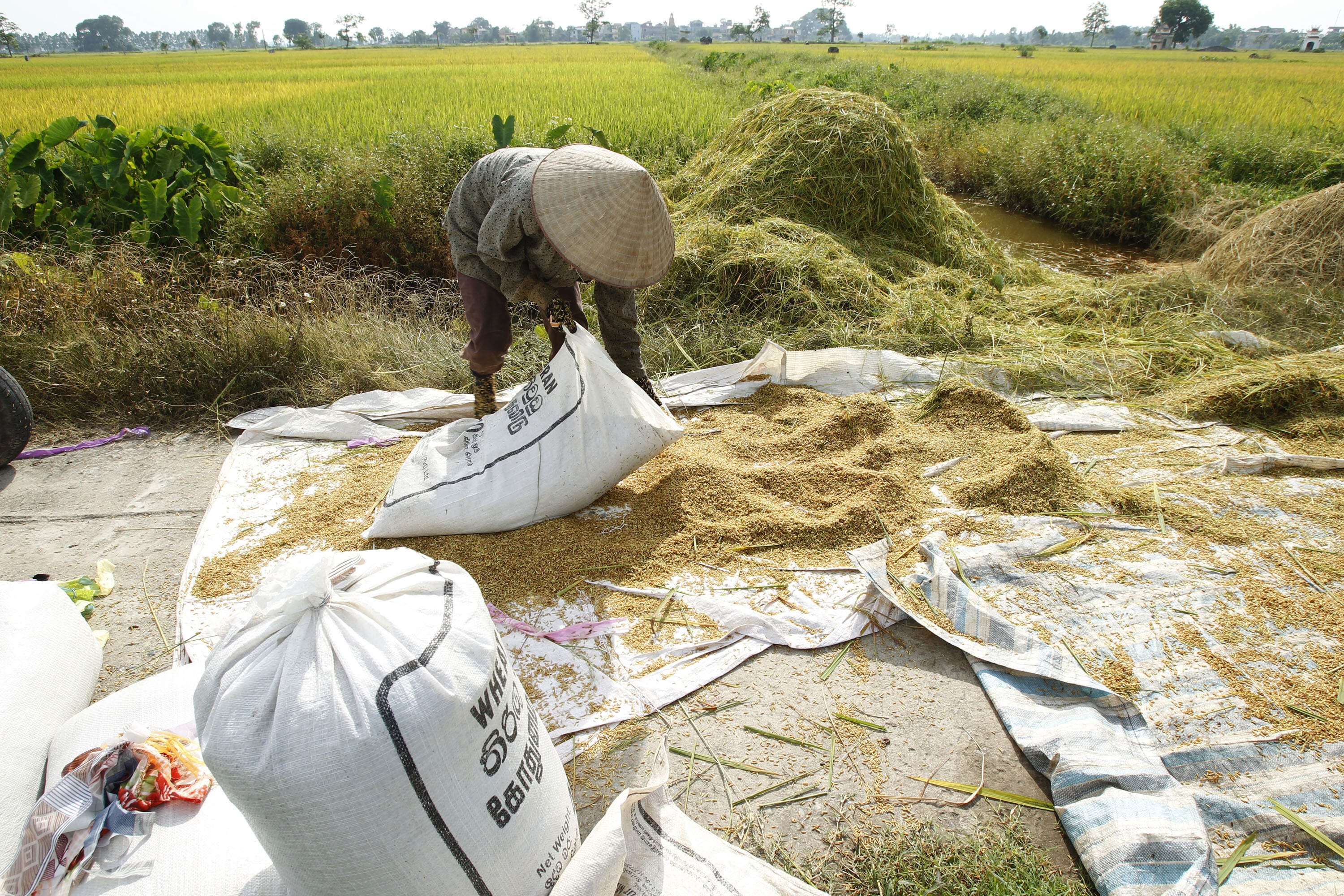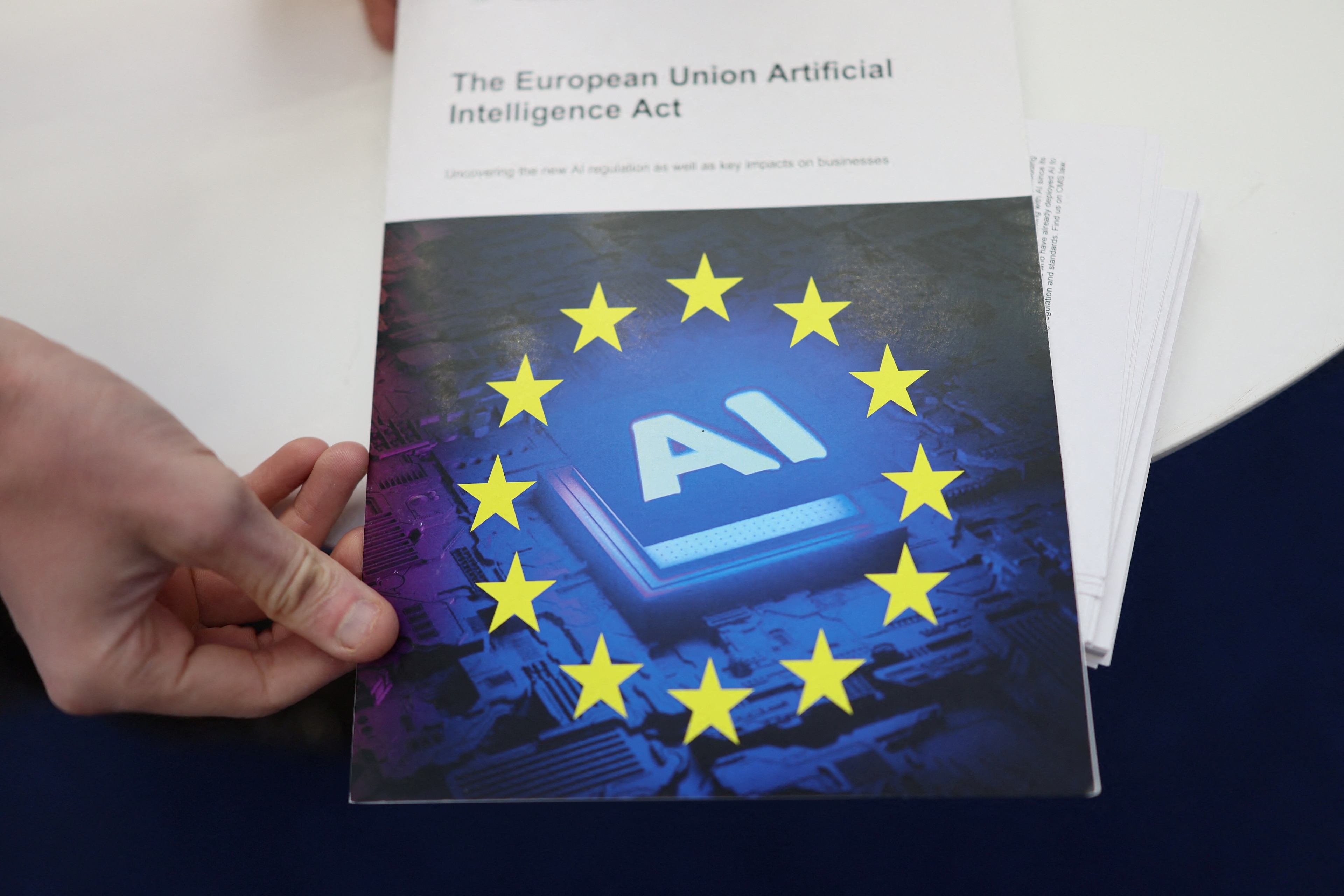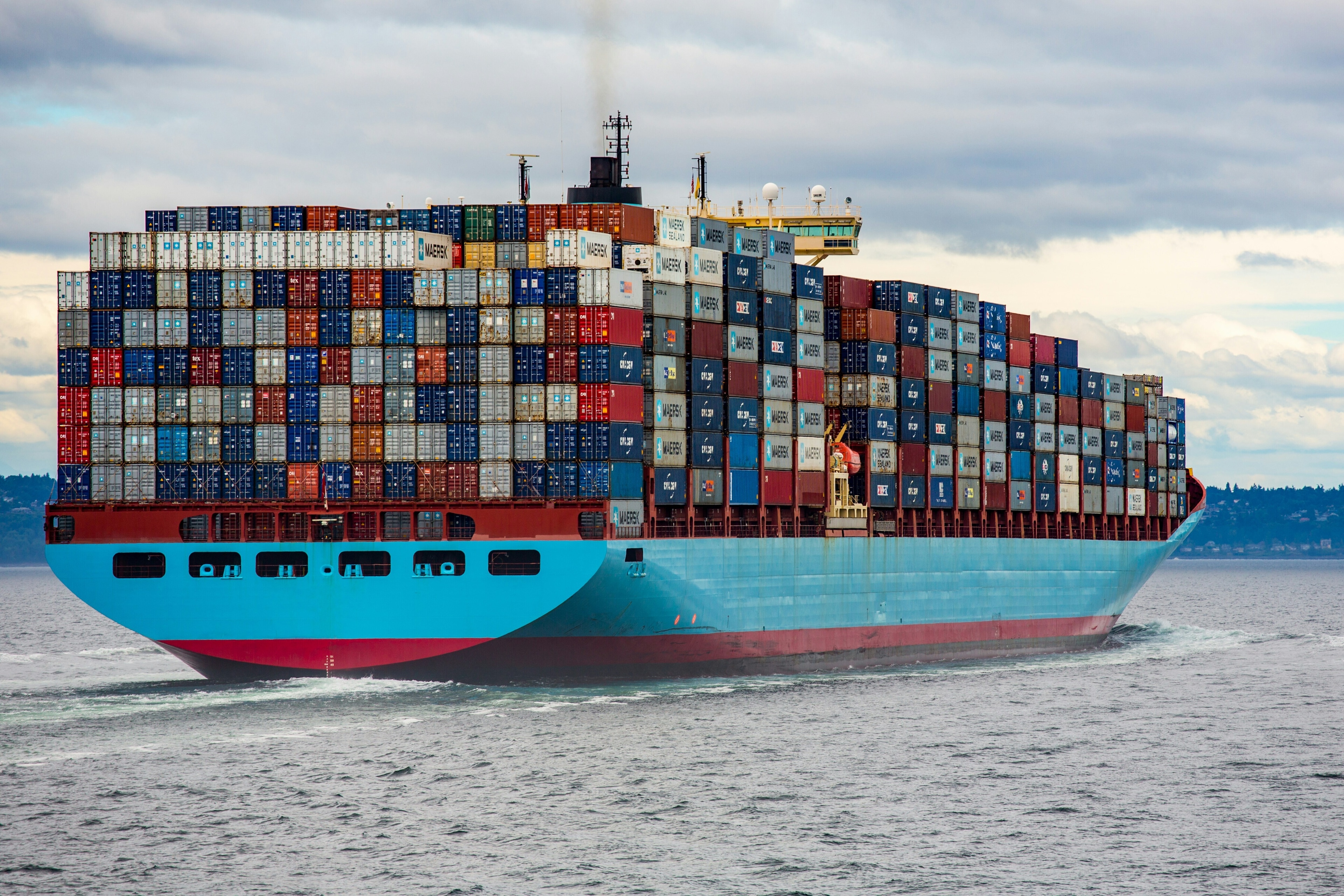Leadership lessons for a fractured world

Scales of justice: Business leaders have a role to play in building a more just world
Image: REUTERS/Eric Gaillard
Stay up to date:
leadership
As a child growing up in cosmopolitan Lagos, Nigeria, in the mid-1970s, the concept of leadership was pretty simple: the head of the house was king and his word was final.
There was no brokering, no argument, no confusion as to who the lord of the manor was. If caught breaking the established rules, the consequence and attendant punishment were pretty much laid out, no ambiguity, no confusion and no escaping it. As children, the curiosity that is part of the human spirit led us to explore the boundaries of those rules. The far more engaging and infinitely more challenging pursuit was daring to operate outside those boundaries and living to tell the tale.
Not getting caught became more important than not doing the act in the first place. As a result, we often found ourselves mentally strategizing around the actions and habits of the “lord master”. The blare of the car horn at the gate into the compound meant we had five minutes to transform from individual terrors to charming children in whose mouths butter wouldn’t melt. The chimes of the grandfather clock indicating five o'clock in the evening was a clear message that the lord master’s afternoon siesta would last just half an hour more and we had better be found at the table, heads buried in homework, studying as if our very lives depended on it.
The world today increasingly looks much like my childhood memories. Leadership seems to be about setting rules, laying down mandates, threatening retribution and punishment, and looking in every way predictable to the very people we hope to lead. Meanwhile, we have societal actors intent on operating outside of these rules, cheating the system, and trying to stay one step ahead of those enforcing the rule of law.
Clearly, the world requires rules and regulations for guidance and direction, without which chaos and anarchy would be an everyday reality. However, the world is also in dire need of leaders who understand that leadership is not thrust upon us by fiat, nor is it something to be decreed into being, but rather must be a deliberate act. Leaders must clearly articulate the benefits of their actions and lead through an unambiguous self-expression of the innate qualities they possess and must display, so as to inspire admiration and emulation from countless others.
It was again at home as an adolescent where I first gained an appreciation for what makes a genuine leader — a revelation that, to the great relief of the lord of the manor, began to change the tide of my personal compliance. My behaviour changed not from the threat of punishment nor the punishment itself, but rather from the clarity that comes with a deeper appreciation of the resulting consequences, positive or negative, of each action taken by an individual member of the community. I discovered that understanding why I was required to do something and how my actions contributed to the greater good of the larger household, provided a much greater incentive for me to give my best than any blindly mandated rules ever had. Understanding the why proved to be far more productive for me — it’s a lesson the world is in dire need of today.

It is not a secret, for example, that the uncontrolled and irresponsible extraction of mineral resources is harmful to life in all its forms. It should surprise no one in today’s world that a disregard for the culture, welfare and well-being of communities in which mineral extraction is occurring and suppression of the rights of those people will continue to result in a hostile, volatile and unsustainable ecosystem. Yet those very conditions and actions remain a problem.
The void in leadership is on full display in the erosion of trust between states and their populations — the single largest cause of mass migration known to man in the 20th century. From across the Middle East and Asia to Sub-Saharan Africa, millions of men, women and children are on the move, leaving their home countries in droves, unaware of the risks and real danger to their lives and dignity as human beings as they seek safe haven in Europe.
This breakdown in trust is further magnified by the fact that the governments that had previously led on issues of climate change and transparent reporting around royalties, taxes, license renewal, regulatory framework and other control mechanisms under the auspices of the Extractive Industries Transparency Initiative (EITI), are suddenly abandoning the framework they helped to craft and implement. How is the rest of the world to react when key protagonists for such collective action efforts suddenly do an about-face in favour of policies primarily concerned with their own self-interests?
CEOs of businesses with a global footprint are beginning to look very differently at the relationship they have with all the stakeholders in their ecosystem. Businesses are now more conscious than ever that the people they serve have the power to mortally hurt them, often via social media, if they fail to live up to their side of the social contract. It is becoming more evident that the long-term sustainability of a business at any level is directly tied to its understanding of how its supply chain and all its facets impact the lives of those they touch.
As political leaders are increasingly caught in the revolving door of politics and the general public is increasingly unsure of the stability of their governments, citizens are turning to businesses to provide the job security that was hitherto the primary preserve of governments. This puts the onus of national growth and the economic well-being of nations on the shoulders of its corporations — an enormous responsibility on the heads of these corporations that cannot be easily ignored.
Lines are further blurred as corporations find themselves involved in the advocacy and shaping of policies and regulations that govern their sectors. In the past, it was a game of brinkmanship with the government on one side and the corporations on the other, and a retinue of lobbyists angling policy to suit one side to the detriment of everyone else. Far more often these days, we see that businesses have to advocate with a fair sense of balance in mind, knowing full well that any stakeholder who is left feeling ‘cheated’ has the ability to cause substantial hardship to the whole.
A prime example of this can be seen with the impasse in Ogoniland, Nigeria, where Shell has been unable to return and operate since 1993 following accusations that the company was complicit in large-scale violence perpetrated against the local population, and the subsequent efforts of those locals to prevent the company from returning. (Shell has denied the accusations.)
With this in mind, it is impossible for corporations that generate profits that exceed the GDP of many nations in the world to recuse themselves from actions that have a global impact on humanity. Nor is it possible to stand aside and watch with indifference as nations implode because of political naivety.
A fractured world requires leaders who see beyond their national borders, and are willing and able to galvanize others to see beyond mere rhetoric and take ownership of their actions. Someone has to stand up to fill the evident leadership vacuum in the political arena. Business can no longer hide behind the façade of corporate governance, separating the affairs of state from its own. The responsibility for the financial and social well-being of citizens is heavily tilting towards business, so too the care and sustainability of the planet that provides corporations with all they need to be efficient and effective.
As I learned as a child, if all we do is make the rules and set the punishments for breaking them, and pay no thought to the benefits inherent in giving our best to the whole, the end result will be a failed system and anarchy. This is what a fractured world looks like to me today - one that can be salvaged if genuine leaders from business take up the mantle.
This article is part of a World Anti-Corruption Day series curated by the World Economic Forum’s Partnering Against Corruption Initiative (PACI).
Don't miss any update on this topic
Create a free account and access your personalized content collection with our latest publications and analyses.
License and Republishing
World Economic Forum articles may be republished in accordance with the Creative Commons Attribution-NonCommercial-NoDerivatives 4.0 International Public License, and in accordance with our Terms of Use.
The views expressed in this article are those of the author alone and not the World Economic Forum.
Related topics:
Forum Stories newsletter
Bringing you weekly curated insights and analysis on the global issues that matter.
More on LeadershipSee all
Eric White and Patrick Verkooijen
September 18, 2025
S. D. Shibulal and François Bonnici
September 18, 2025
Emilian Axinia
September 11, 2025
Ana Kreacic and John Romeo
September 9, 2025
Stéphane Gervais Ducouret and Arman Iranfar
September 8, 2025
Nagendra Bandaru
September 8, 2025






